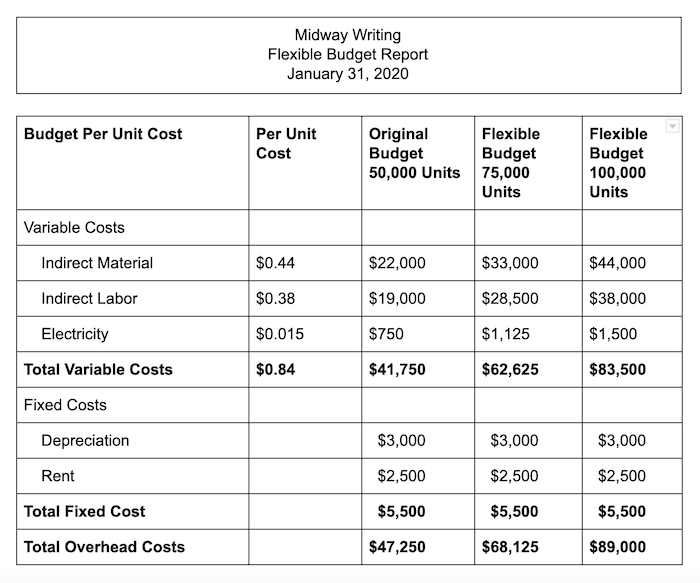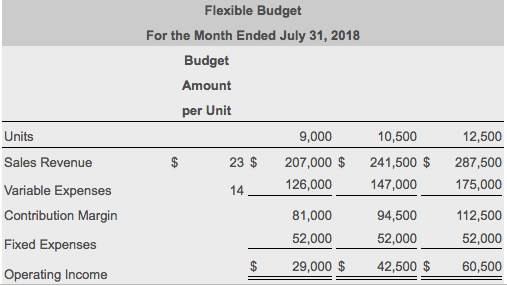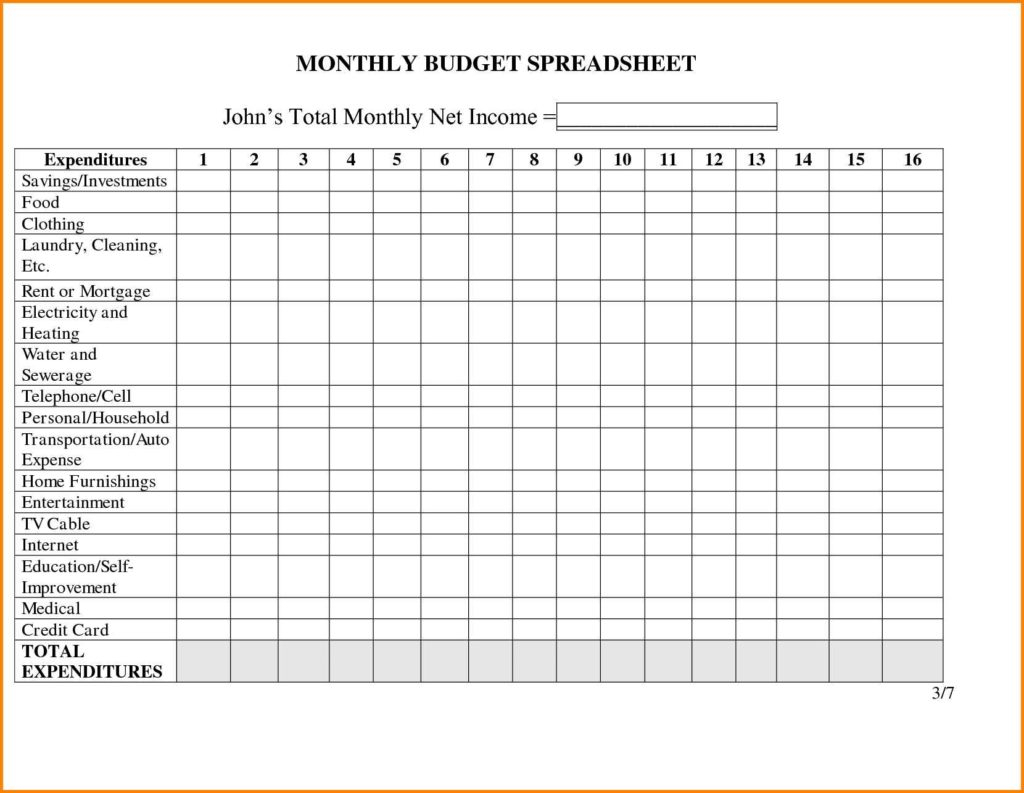
Once you add them up that is your total income.įixed income includes things you need to live: Rent, tuition, groceries, utilities, tuition, insurance, savings etc. Most people average their monthly income with monthly costs but you can also try biweekly since that’s how GU pays students or anything that works with your income/spending habits.Ĭalculate your paystubs and other forms of income (paycheck, allowance, side hustle, etc).

For variable expenses, you may want to use an average of several months’ spending to establish a specific amount.įor most people, a zero based budget is ideal. Here you’ll have items such as restaurant spending, hobby expenses or vacations. Flexible expenses include items that may change in value from month to month. Your fixed expenses should include expenses that don’t generally change over time such as a cell phone bill, a mortgage or loan payments. Once you have your expenses listed, categorize them as either fixed expenses or flexible. If you use your debit or credit card for most purchases, it is easy to see your expenses via your monthly statement. You may find later that you’ll need to adjust those expenses, but for now, leave them in. Being on a budget does not mean that you cannot enjoy activities that have associated costs. If you enjoy hobbies that have costs, list them as well. If you are self-employed, you’ll need to remember to deduct for taxes before including that income in your budget.Ĭreate a list of every monthly expense including consumables such as groceries and gas. Begin by listing all of your income sources and adding all your take home pay to create your income. For some, income is a set figure each month which allows for easy budgeting, but for others, income may vary and budgeting may require more long term adjustments. The most basic elements of budgeting are knowing your income and expenses. After creating your budget, your goals may change, but knowing why you are budgeting can help determine what, if any, areas you need to focus on or that need change. These can be as simple as adding a specific amount to a savings account each month, or as complex as getting ready for retirement. The basic use of a budget is to help set a financial goal. Here are a few tips for getting a budget started. Creating and using a budget can help you have an easier time during tax season, lets you find ways to save and can help you spend more wisely.


Financially, clearing the slate and starting over again is one way to set the New Year off on the right foot. We sometimes resolve to make the New Year “our year,” start new diets, begin new exercise regimens and wipe out the things in our lives that didn’t quite work out. Celebrating the New Year is often a time of renewal.


 0 kommentar(er)
0 kommentar(er)
